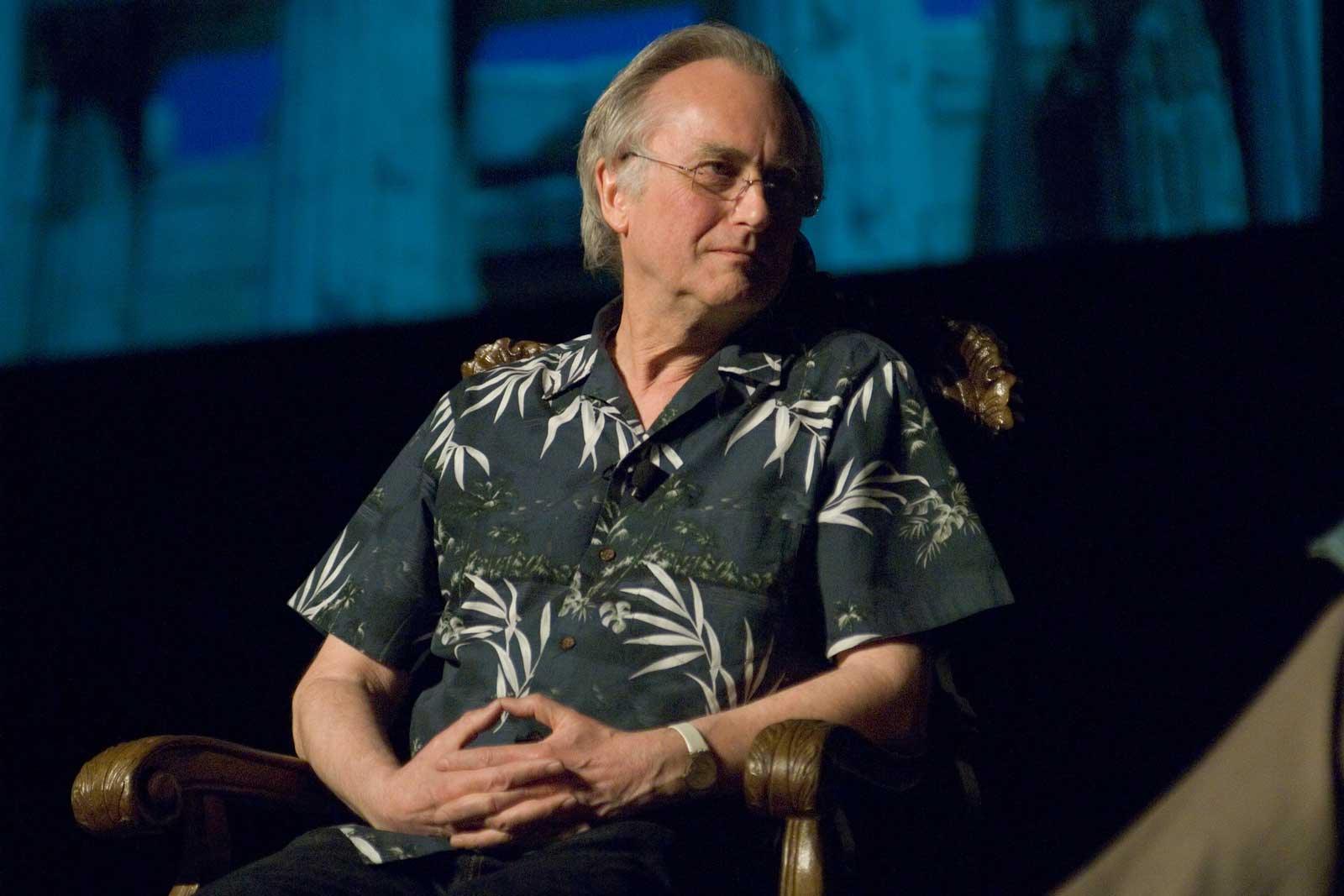Statistical Probability that Atheism is True
Is it possible to figure out the specific probability that atheism is true? Can you calculate the actual number of the odds? If so, what would that probability reveal about the nature of our universe?
Quotes:
“Imagine winning the lottery every day for 10,000 years, you would still be no where close to this number.”
-Trey Smith
“A common sense interpretation of the facts suggests that a superintellect has monkeyed with physics, as well as with chemistry and biology, and that there are no blind forces worth speaking about in nature. The numbers one calculates from the facts seem to me so overwhelming as to put this conclusion almost beyond question.”
– Cambridge University astrophysicist and mathematician Fred Hoyle
“Fred Hoyle and I differ on lots of questions, but on this we agree: a common sense and satisfying interpretation of our world suggests the designing hand of a superintelligence.”
– Former Harvard University Research Professor of Astronomy and the History of Science Owen Gingerich
The Penrose Number
Oxford University mathematical physicist and atheist Roger Penrose came up with a formula to determine the actual, statistical probability of the universe being random. His findings have been coined as the Penrose number. But how could you possibly calculate something so obscure and nebulous?
There is obviously a lot in equation which goes way over my head, so we will keep it simple. First, consider all of the specifically fine tuned variables in our universe. Then imagine calculating the combined probabilities of each occurring in concert with one another. The result is a numeric, statistical probability (or improbability) of the universe being created randomly.
The quote by Trey Smith referencing the statistical probability that the universe occurred randomly. The statement really puts perspective on how likely it would be to have a randomly generated cosmos and the size of the probability that atheism is true.
Statistical Probability that Atheism is True
While most atheists claim to rely on solely data, experiments and empirical evidence, many seem to completely overlook the probability statistics of the universe we find ourselves in. What are the odds of everything we see and observe around us originating from random chance? When you start to examine the numbers and probabilities, the case for intelligent design gets stronger.
John Lennox, a reputable Oxford University professor of mathematics, discusses the probability of our universe being created randomly. This means that there is no conscious creator involved in creation. Here Lennox quotes the distinguished Oxford University mathematical physicist Roger Penrose:
“Try to imagine phase space… of the entire universe. Each point in this phase space represents a different possible way that the universe might have started off. We are to picture the Creator, armed with a ‘pin’ — which is to be placed at some point in phase space… Each different positioning of the pin provides a different universe. Now the accuracy that is needed for the Creator’s aim depends on the entropy of the universe that is thereby created. It would be relatively ‘easy’ to produce a high entropy universe, since then there would be a large volume of the phase space available for the pin to hit. But in order to start off the universe in a state of low entropy — so that there will indeed be a second law of thermodynamics — the Creator must aim for a much tinier volume of the phase space. How tiny would this region be, in order that a universe closely resembling the one in which we actually live would be the result?”
Further, Lennox cites Penrose’s answer:
“His calculations lead him to the remarkable conclusion that the ‘Creator’s aim’ must have been accurate to 1 part in 10 to the power of 10 to the power or 123, that is 1 followed by 10 to the 123rd power zeros.”
Numeric Probability that Atheism is True
In other words, the odds of having a randomly generated universe would be:
1010123
Penrose goes on to state that it is “number which it would be impossible to write out in the usual decimal way, because even if you were able to put a zero on every particle in the universe, there would not even be enough particles to do the job.” So as we can see, the odds of a naturalistic, self-created universe would be truly astronomical.
Does this in fact beg the question, “does believing in no God require more faith than believing in one”?
Learn more about why the atheist world view makes so sense.







